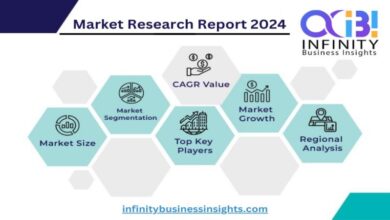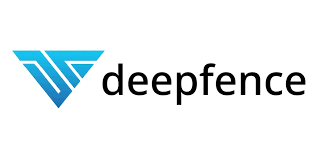Proposed Generative AI Disclosure Act Seeks Transparency and Fairness in AI Training Datasets

In response to ongoing controversies over the use of copyrighted content in training artificial intelligence, U.S. Representative Adam Schiff has introduced the Generative AI Disclosure Act. This proposed legislation mandates that AI companies must disclose any copyrighted works used in the datasets of AI models.
The bill, which applies both retroactively and to future AI systems, seeks to introduce transparency by requiring creators to submit a detailed notice to the Copyright Office before releasing a new AI system. This notice must include a list of all copyrighted works used, as well as a URL to the dataset, to be submitted at least 30 days before the system’s public launch.
Fairness and access: Schiff argues that the act will balance technological progress with fairness to creators by ensuring they are aware and potentially compensated for the use of their works in AI training datasets. The act also stipulates the establishment of a publicly accessible online database where these disclosures will be listed, enabling creators to verify the use of their materials.
The proposed penalties for non-compliance are substantial, with a minimum civil penalty of $5,000. The bill has been described as a “first step” towards greater transparency and accountability in the rapidly evolving field of AI. Various stakeholders, including leaders from creative industries and legal experts, have expressed support for the bill, emphasizing its role in protecting creator rights and fostering responsible AI development.
The big picture: This legislative move comes at a time when the U.S. Copyright Office is also focusing on the broader implications of AI on copyright, including issues related to deepfakes and AI outputs. However, specific guidance on AI training datasets is still pending, leaving a significant gap that Schiff’s bill aims to address. The ongoing legal battles and forthcoming copyright office guidance will further shape the landscape of copyright in the age of AI.



